You’ll often hear me say that, aside from a polarizer, I never use special filters on my lens. The reason is because a lens makes an effect permanent. I can often add that same effect in post production with the option to remove it.
But, there are times when they are useful, and I’m going to review an ND (Neutral Density) filter today. You’ll almost always use this with a tripod.
1- More even exposure
Let’s use a recent personal shoot of my own BMW 335i, taken during sunset. Since we’re shooting directly into the sun, we’re going to get an over-exposed sky and a car (and background) that’s heavy in shadow. Using an ND filter means that less light is allowed into the lens. In this case, it helps to bring out the details of shadow in the car while leaving the details in the sky. I still suggest taking a few exposures, but now you’re holding the shutter open for 1.6 seconds, as oppose to 3 tenths of a second.
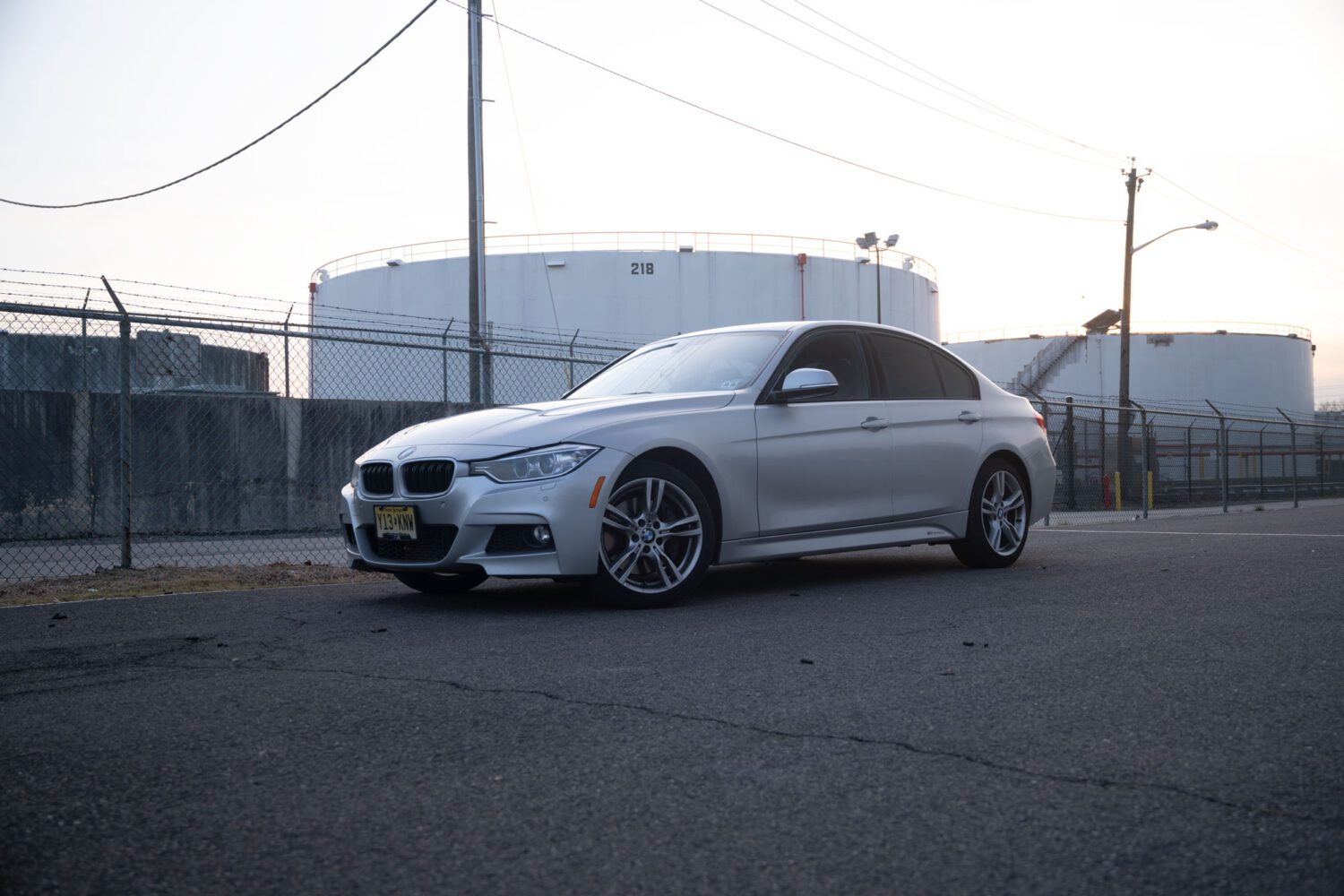
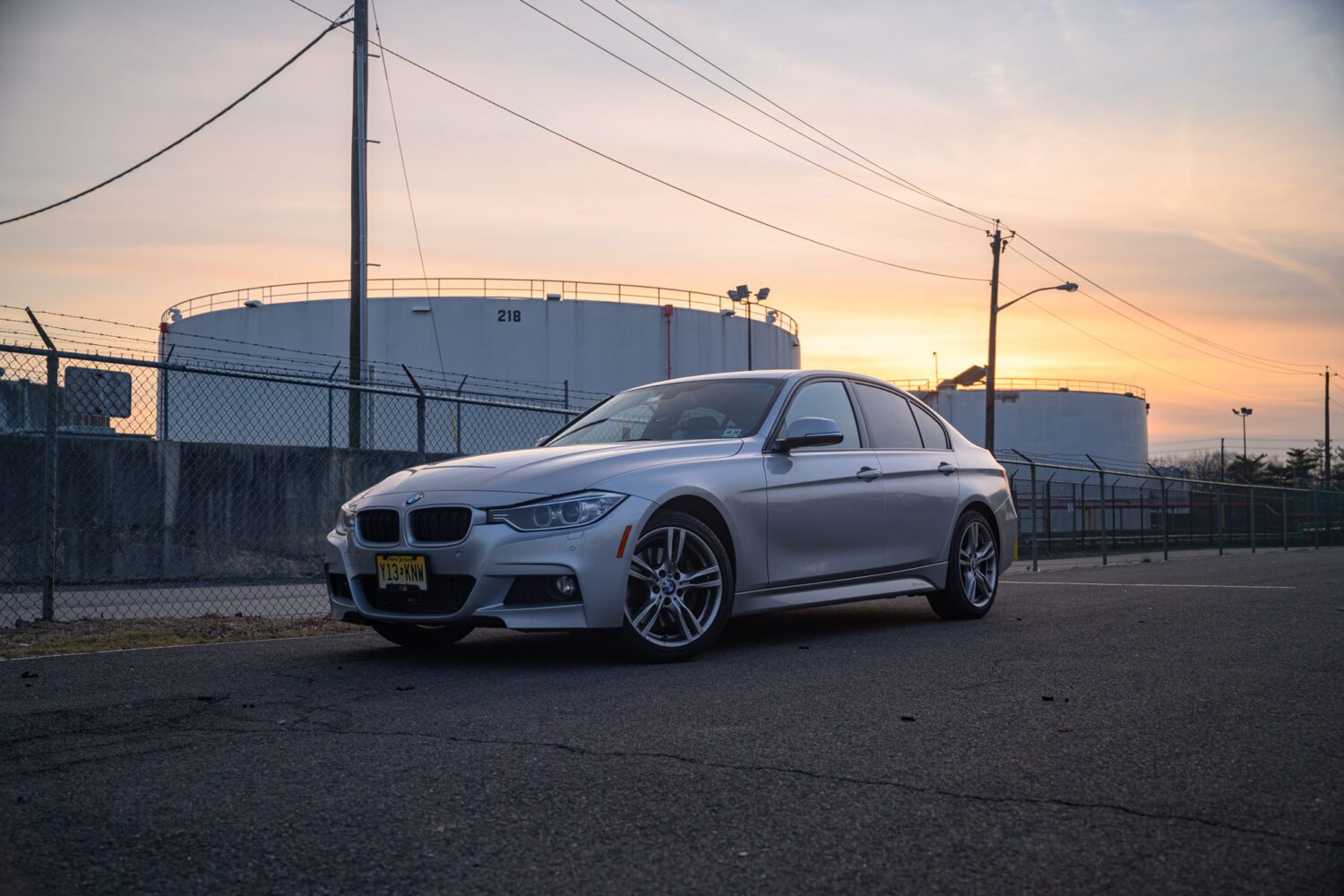
2- Cool effects
Speaking of sky, have you ever seen a shot that has clouds that look like they are zooming by? It’s done with an ND filter, which allows the movement of the clouds to happen without the rest of the sky being over exposed. I’ve used it for many shots, like Sue’s M2 at Pocono.
Set up a tripod for this, and it works best at sunrise / sunset, but you can get the effect in broad daylight with a strong enough filter. You can also use this to smooth over the water on an ocean, or a waterfall.
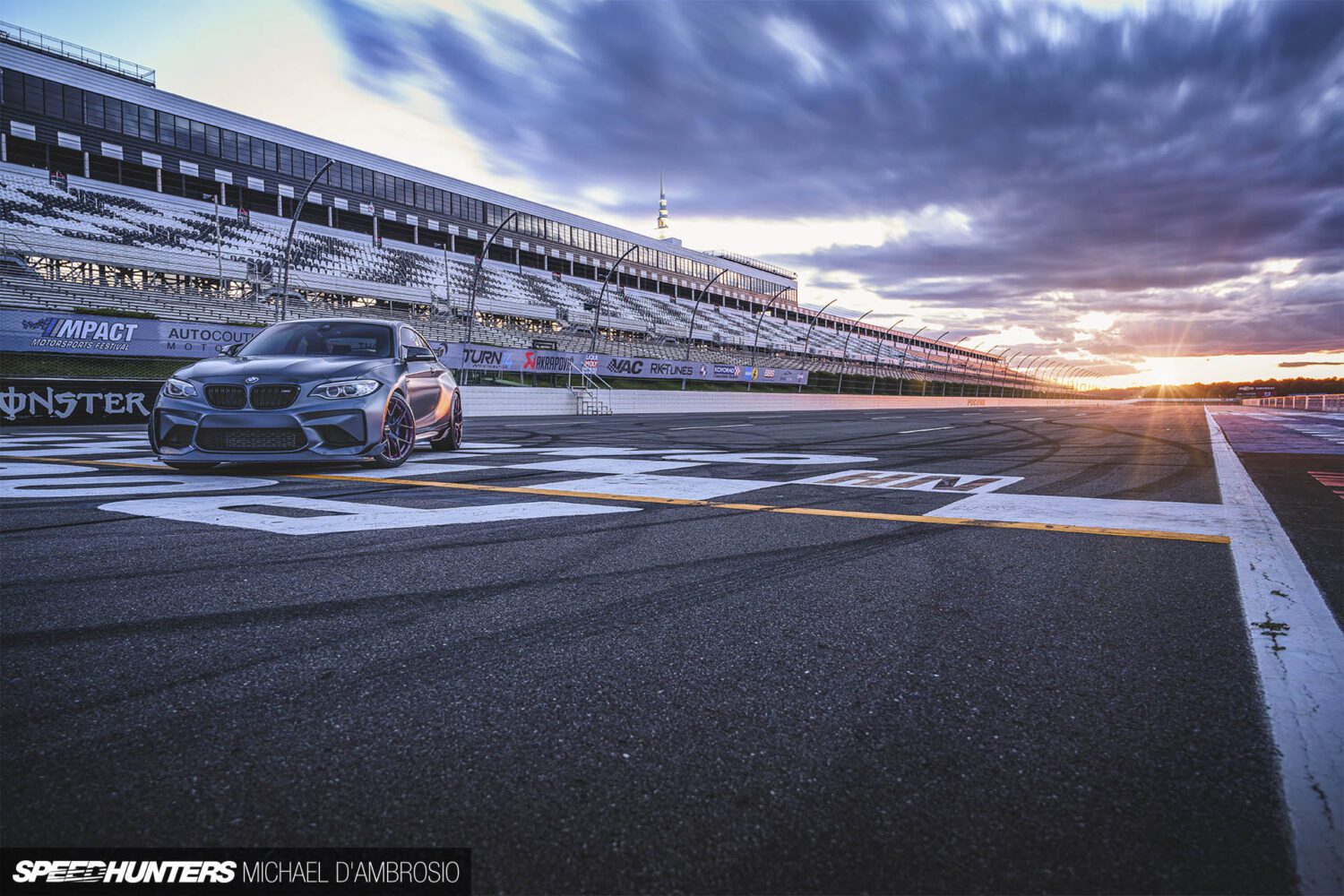
3- Stackable
The higher the number on your ND filter, the less light it allows through. But you can always stack them for just the right amount of light. You can also stack with a polarizer, which is what you see below. They will all turn together, and the shot will still be polarized accordingly – bests of both worlds.
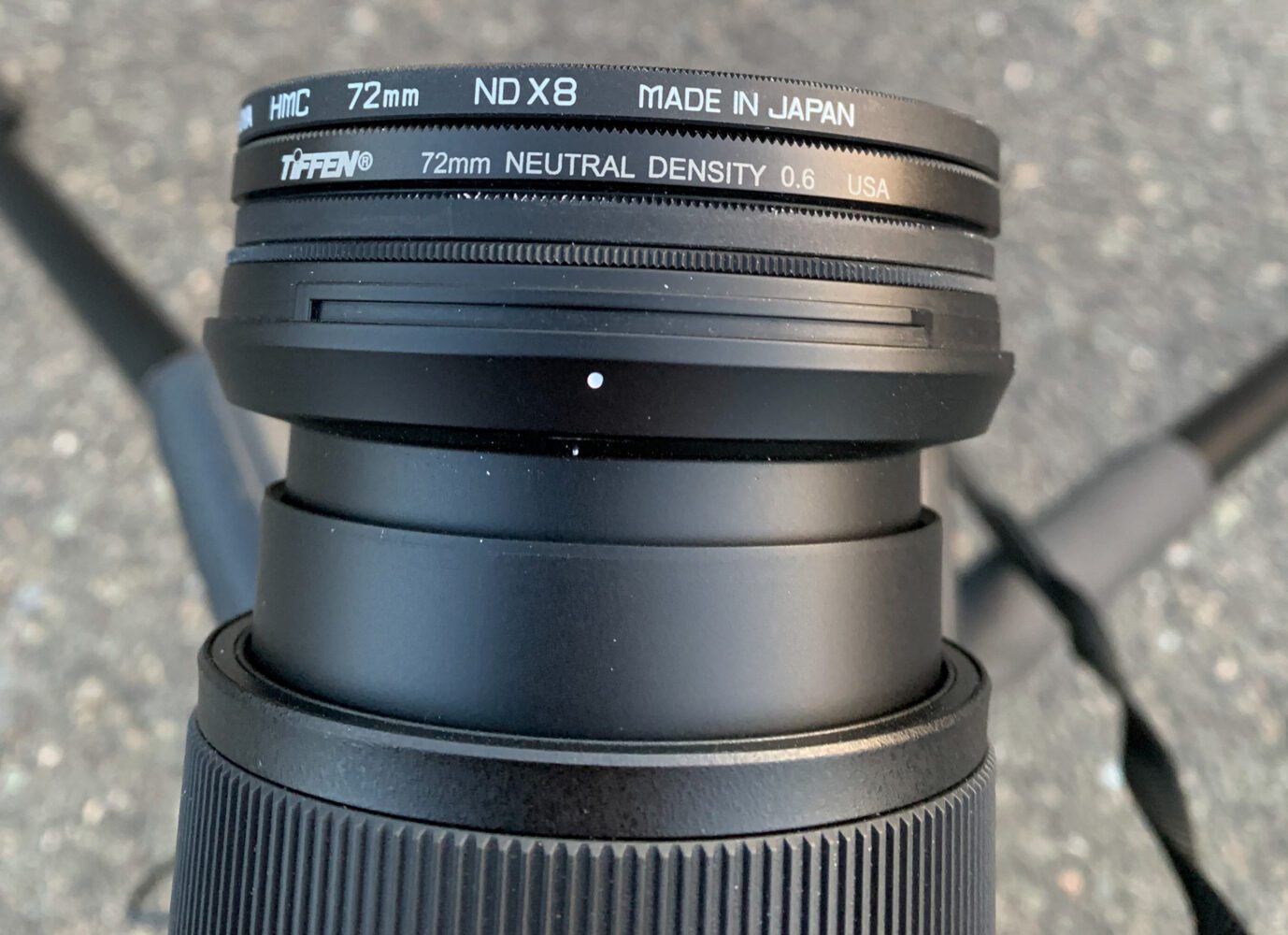
4- Works day and night
Least you think that this is just for daytime – I’ve used ND filters when light painting as well. They can lower the effect headlights have on a shot, and can also dampen ambient light.
5- Multiple options
ND filters are measures in “stops”, and their are many options (I recommend Tiffen or B + W filters). As mentioned above, you can use one, or many. Just be aware that the more you stack, the more vignette effect you may get.
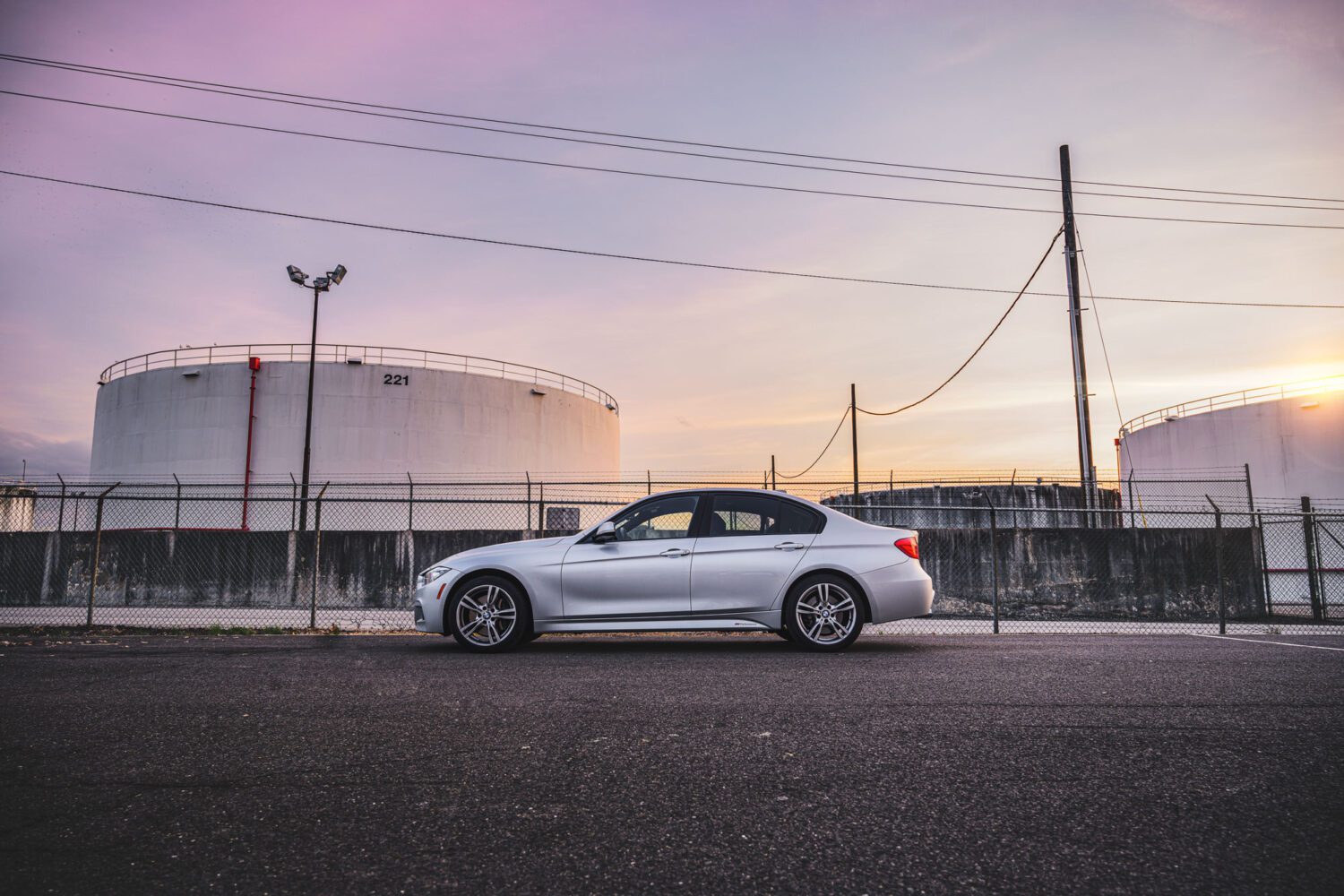
I may get commissions for product links on this site, so help out if you can. I only write about products I use and believe in.
Feel free to email me at mike@machineswithsouls.com with any questions.
Follow along on Instagram @machineswithsouls


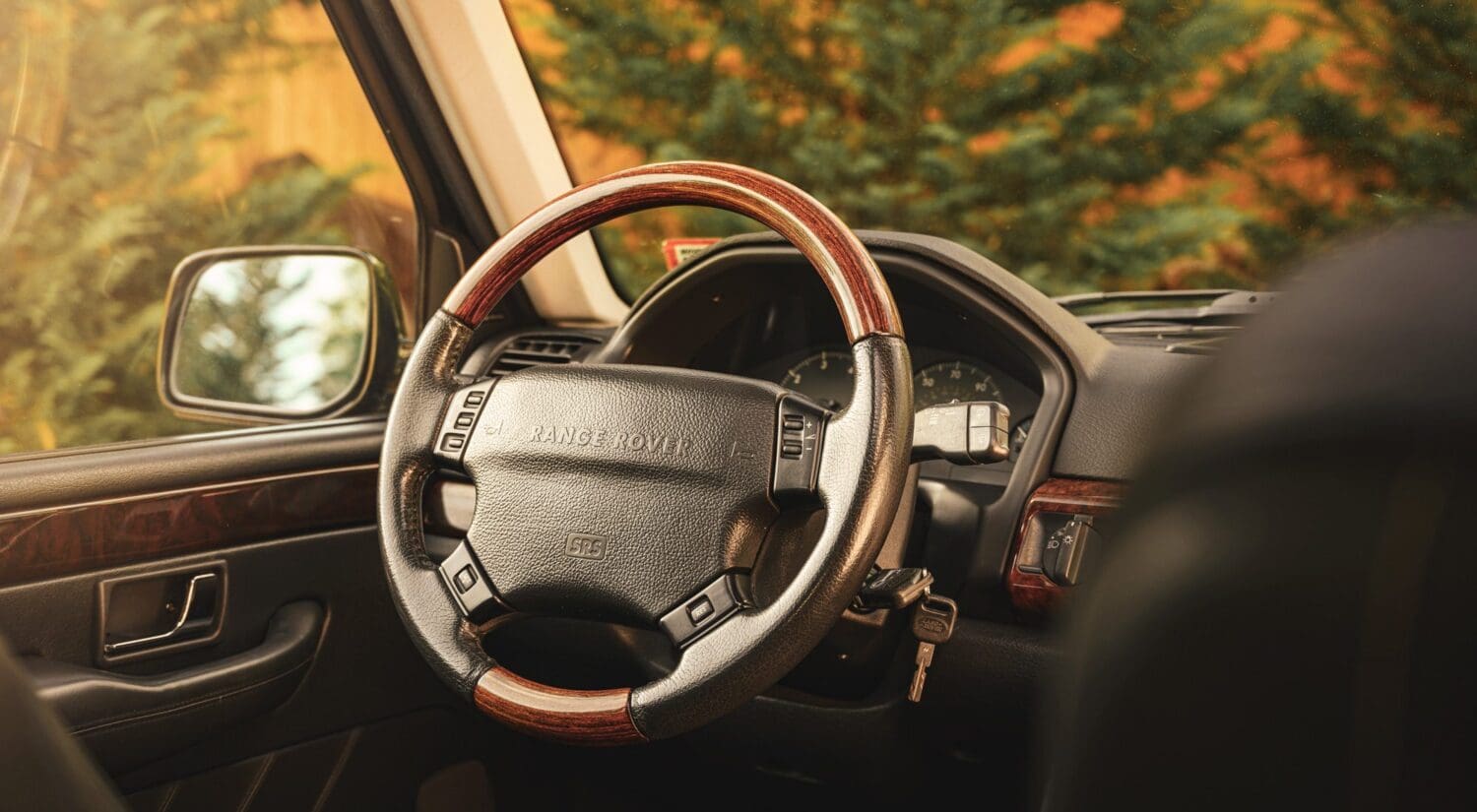


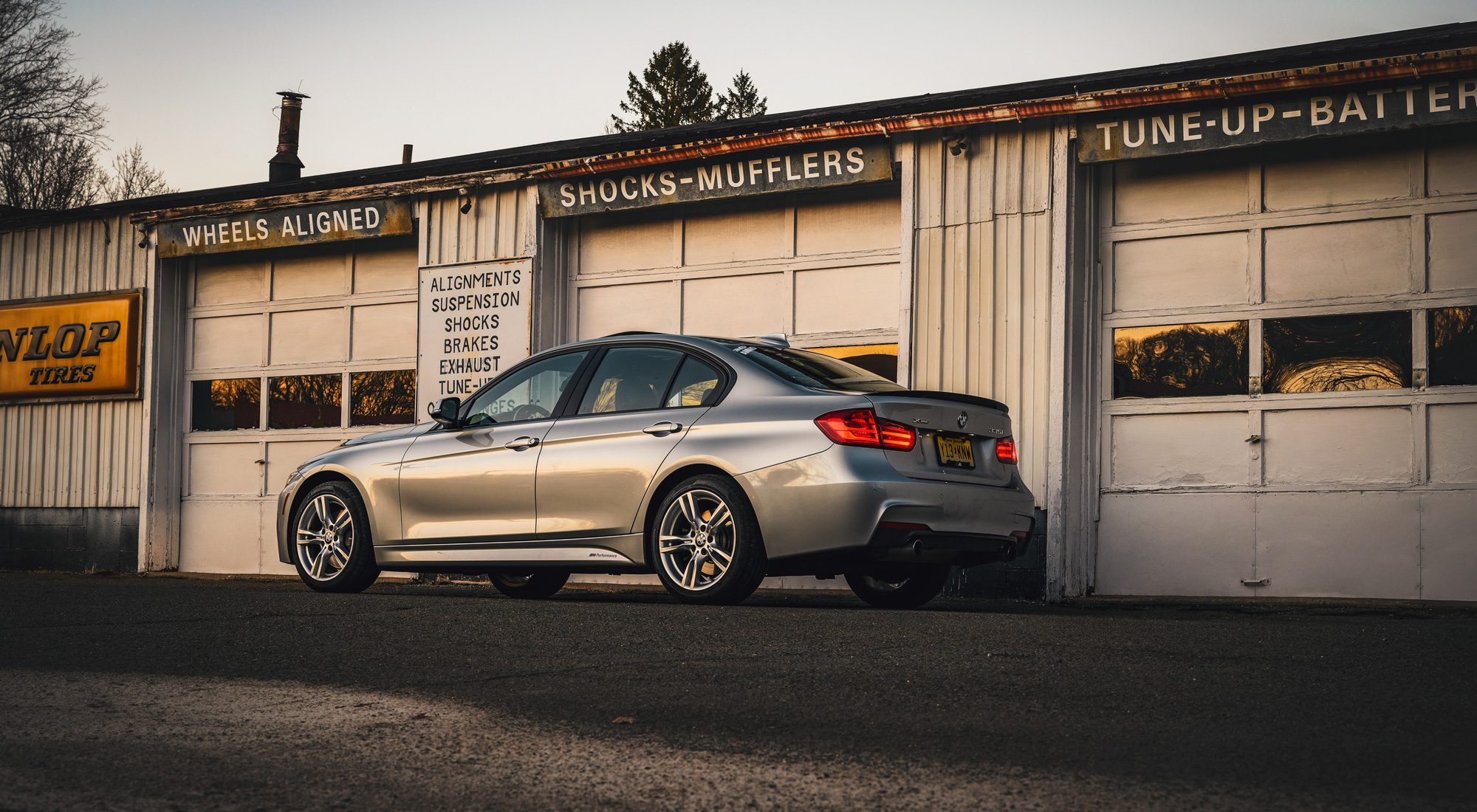
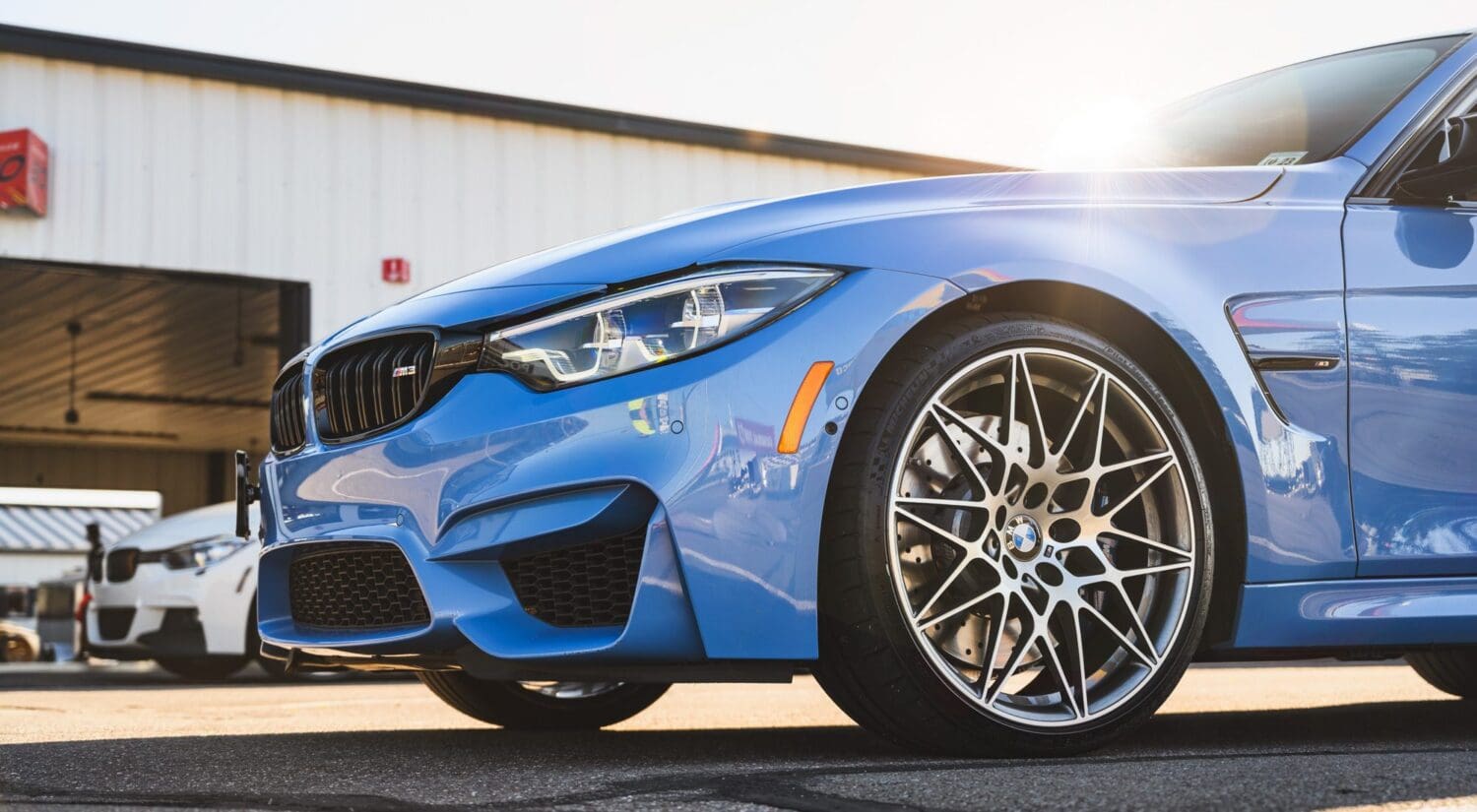
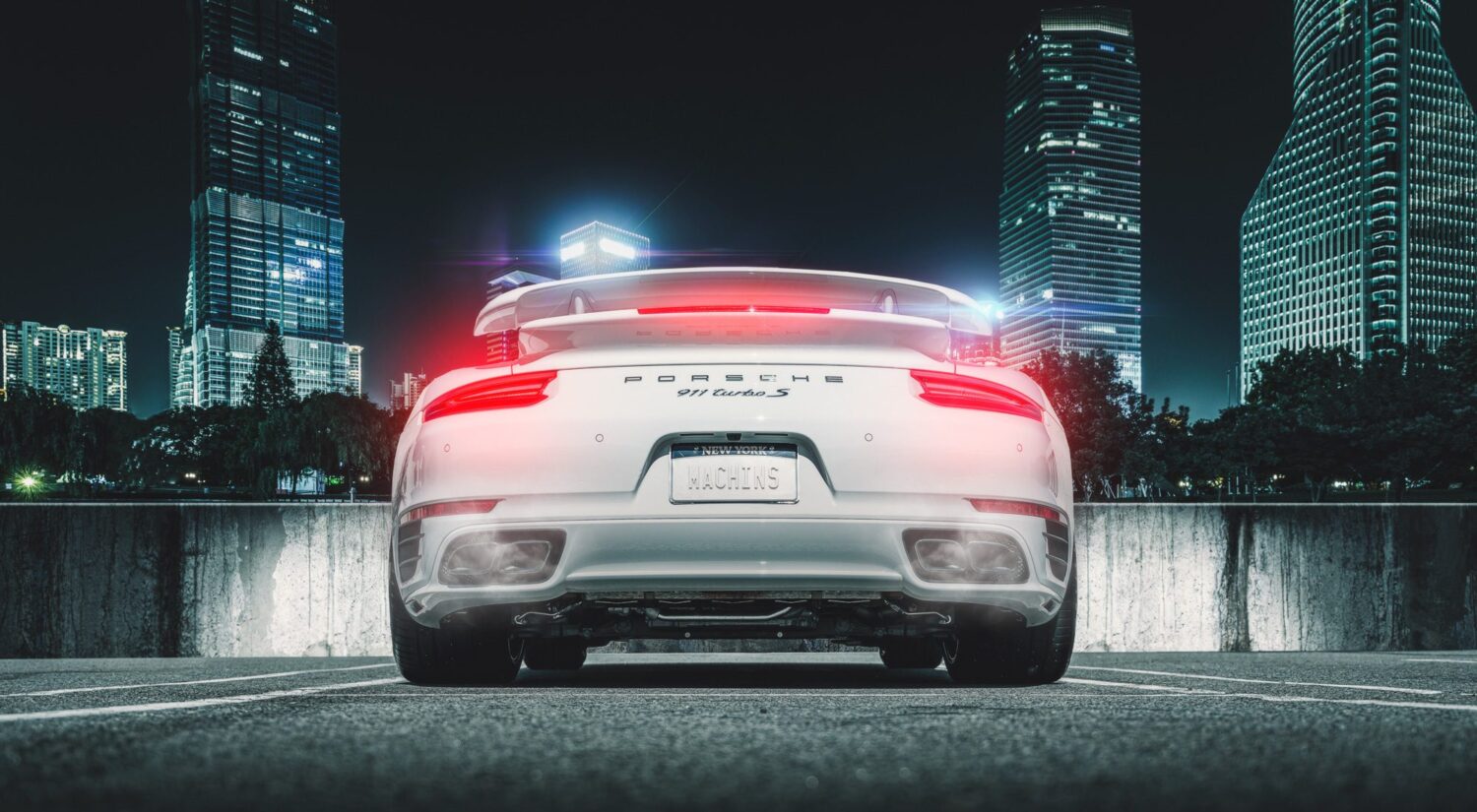

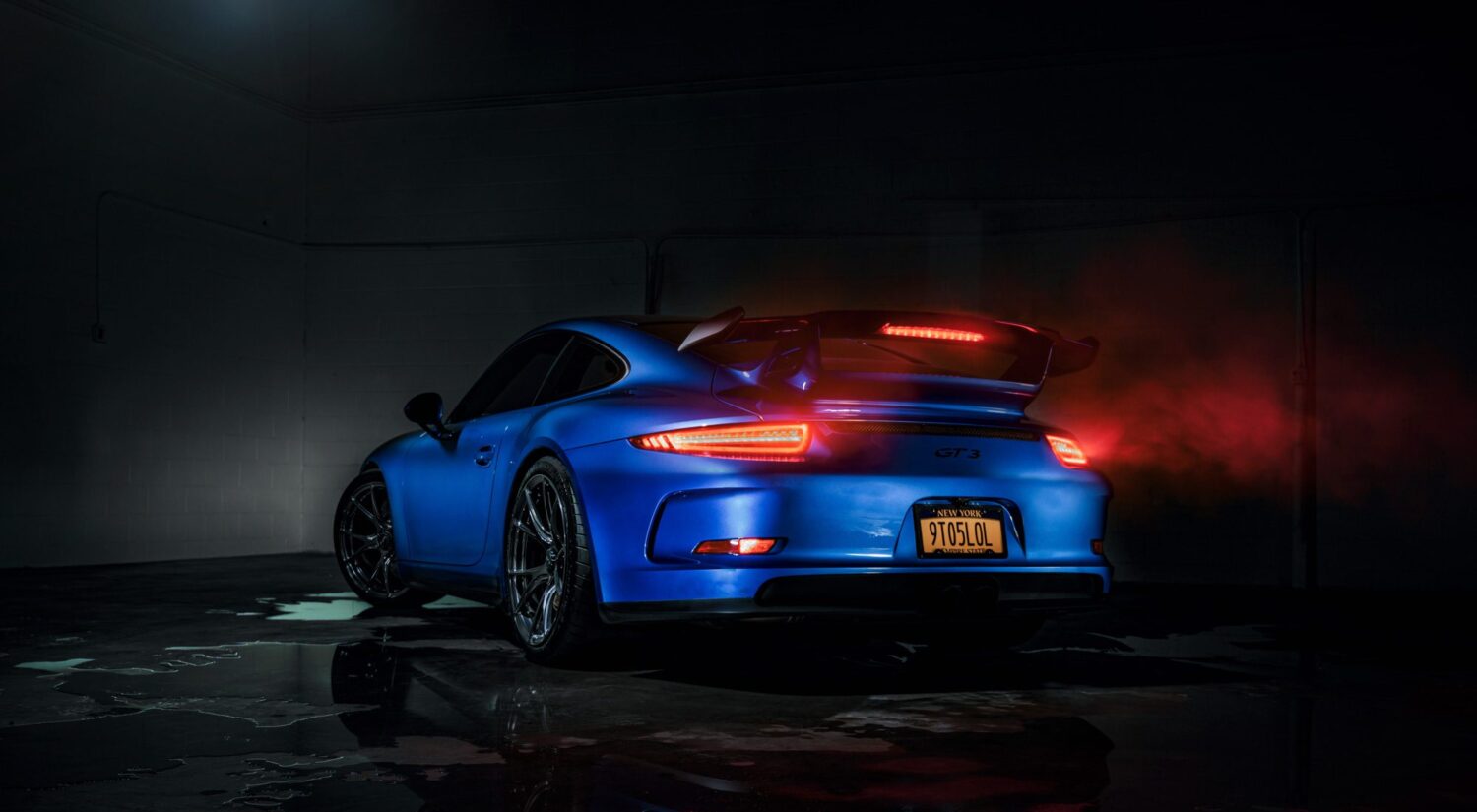
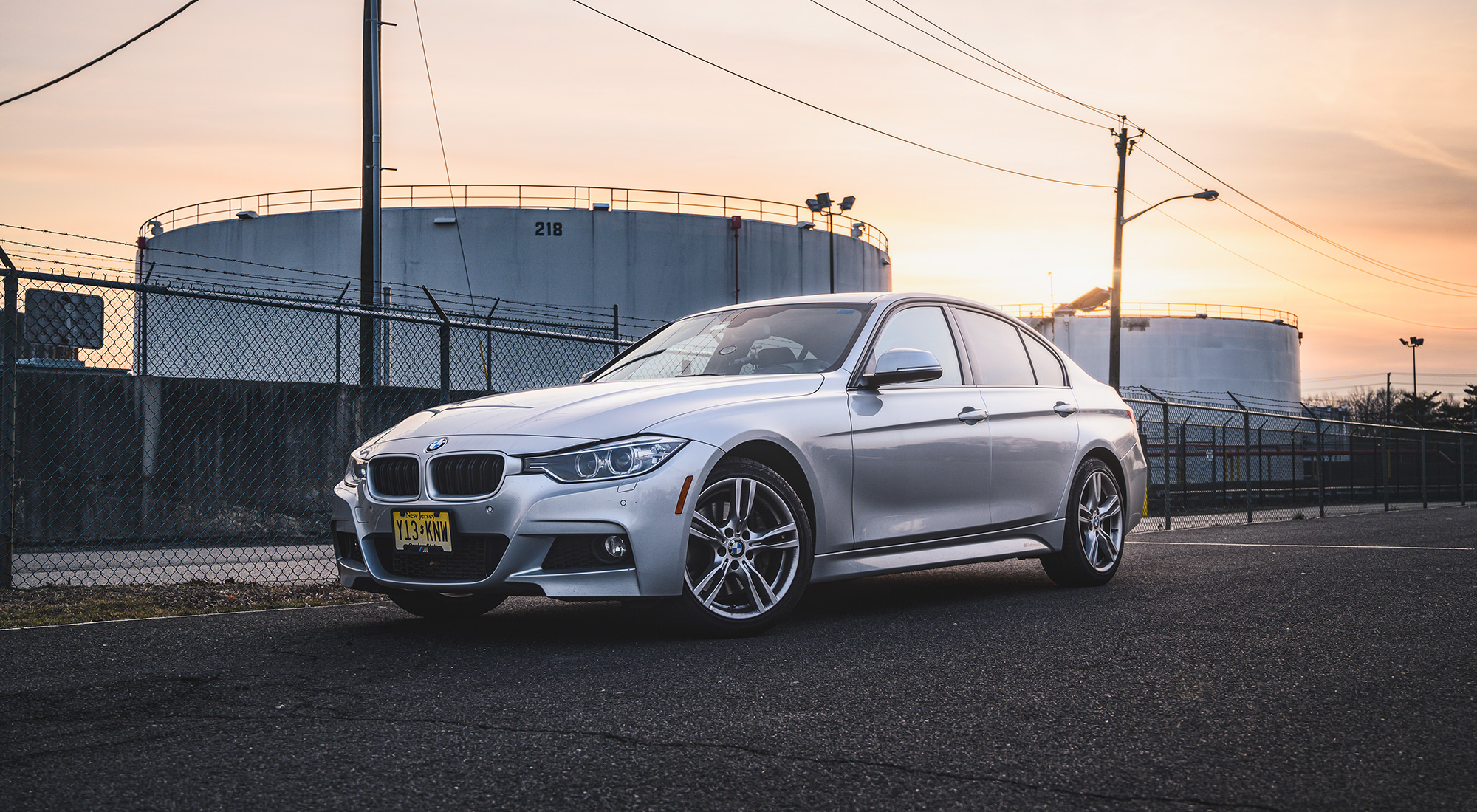
One thought on “Top 5 reasons for using an ND filter”
Comments are closed.